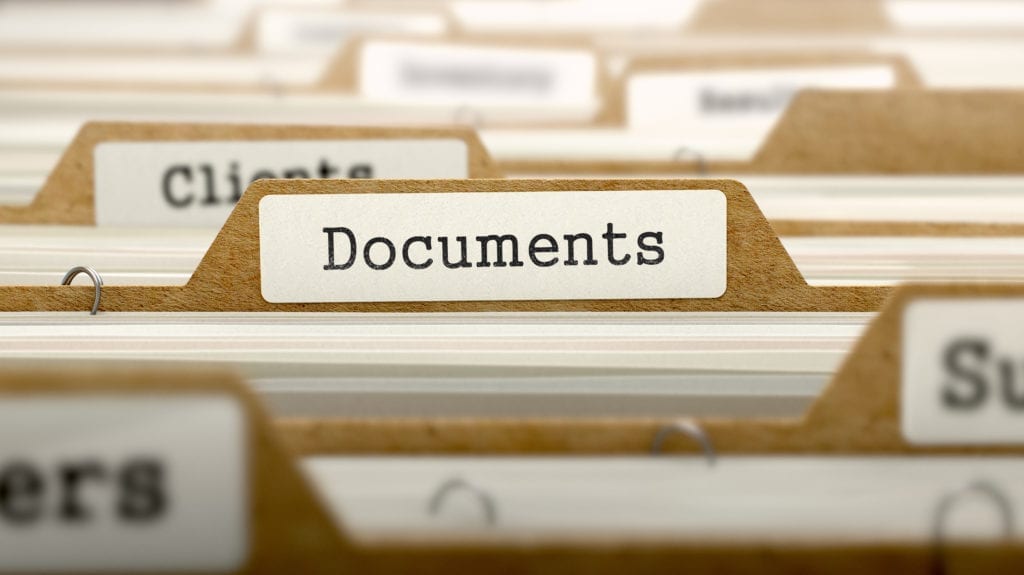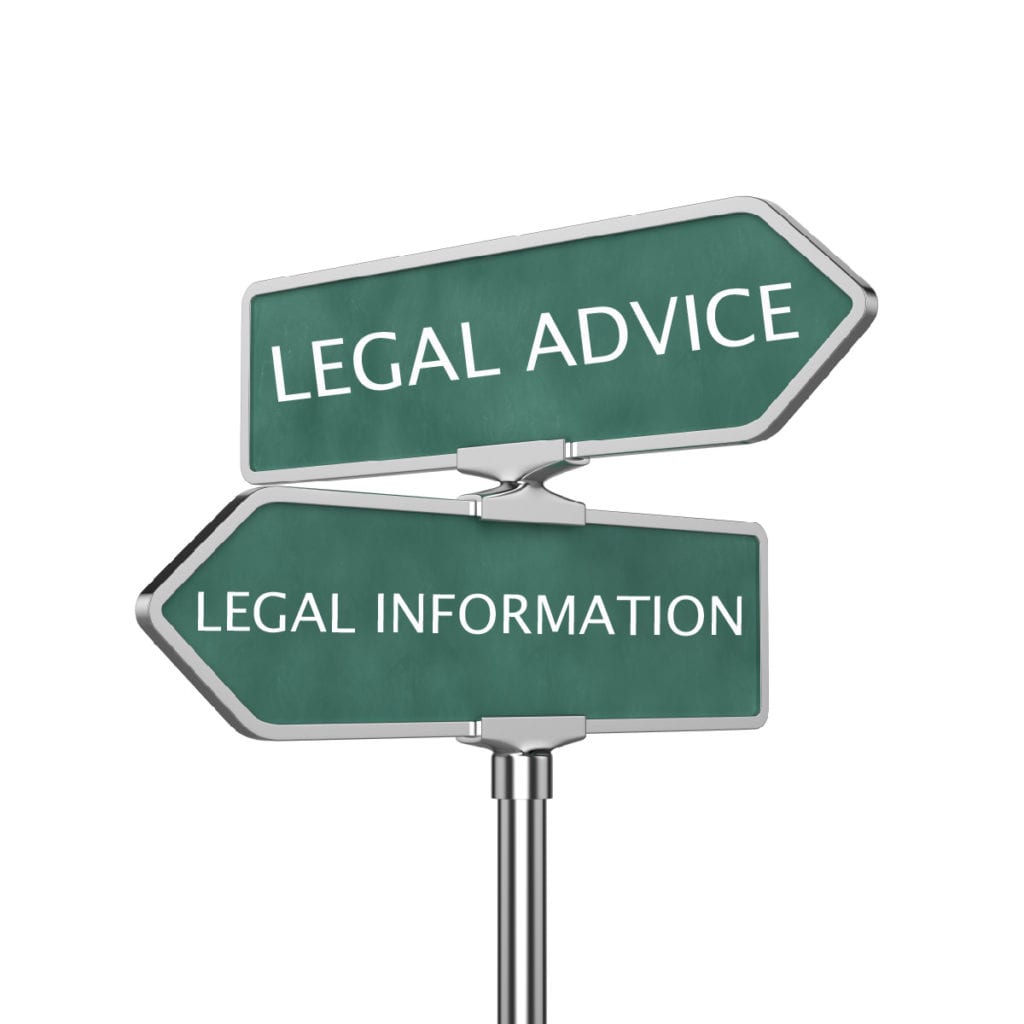When a lawyer leaves a firm, what documents may he or she take?

What documents or work product may lawyers take with them when they leave? Lawyers often refer to previously drafted papers when drafting anew, so they would reasonably want to take certain “form files” when they leave. But can they without permission? The American Bar Association has taken the view that to the extent that “documents […]
Do You Have a Continuity Plan For Your Law Firm?

We all know we should have personal wills and other documents that outline what happens to our children, possessions, and selves when unexpected events occur. But what about “wills” or continuity plans for our law practices? If you are a solo practitioner or the leader of a small firm and you become disabled or die, […]
Dealing With Bad Online Reviews

With the rise of Google reviews and websites like Yelp and Avvo, it has become easier for a client or former client to widely disseminate derogatory comments about you and the legal services you provide. Such a review would likely get your blood boiling, and the temptation to respond forcefully will be high. But before […]
Past Successes: What Can Lawyers Say About Them?

When marketing their practices, lawyers certainly want to tell potential clients about their successes. They want the world to know how they have taken care of clients in the past. But lawyers must tread carefully. Each jurisdiction has its own rules on this issue, but all uniformly prohibit statements that might be false, fraudulent, deceptive […]
Contacting Unrepresented People On Social Media

A lawyer’s communications with an unrepresented person are generally governed by Rule of Professional Conduct 4.3 or some similar equivalent. (See, e.g., Georgia Rule 4.3). Most versions of Rule 4.3: prohibit a lawyer from stating or implying that the lawyer is disinterested; require a lawyer to make reasonable efforts to correct any misunderstanding, when the […]
Are You Improperly Giving Legal Advice On the Internet?

Lawyers are allowed to give general answers to legal questions posed by laypeople on social media, chat rooms, blogs, websites, and other internet platforms. That said, lawyers should not provide specific legal advice, because those communications may inadvertently create an attorney-client relationship. One ethics opinion has held that “answering questions on the Internet is analogous […]
Your Law Firm Should NOT Own Real Estate

Lawyers often want to own their offices. Rent payments add up over time, and once that rent money is spent, there is little or nothing to show for it. Instead of paying rent, lawyers may decide to use those funds to build equity in a real asset that is independent of their law firm. We […]
Operating Law-Related Side Businesses: The Basics

In recent years, accounting firms have been encroaching on work that law firms traditionally performed. If other industries are coming for the law, why shouldn’t lawyers offer complimentary non-legal services through ancillary businesses? Some already are. Below are some of the issues that lawyers must consider if they plan to offer law-related services in addition […]
Potential Limitations On Naming Your Law Firm

Law firm names are generally governed by Rule of Professional Conduct 7.5. In short, law firm names must not be “false, fraudulent, deceptive or misleading.” Applying this rule, law firms should not use names implying that they have more than one attorney when in fact they do not. In June 2016, the State Bar of […]
Advising Clients on Their Social Media Use

We have previously discussed a lawyer’s ethical duty to understand social media. Such an understanding is necessary to provide competent representation to clients. So how does that translate in the real world? How should lawyers advise clients with regards to their social media accounts? Keeping in mind that each jurisdiction may differ, here are some […]
